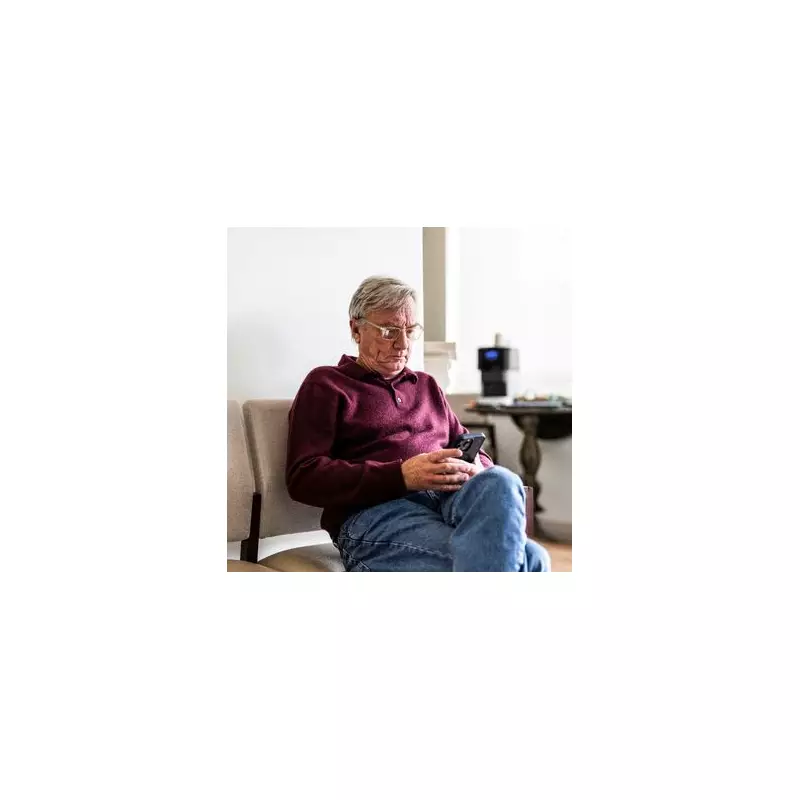
Knowing where to turn for urgent medical help when your situation doesn't seem serious enough for a 999 call can be a common dilemma. The NHS has now provided clear and direct guidance to resolve this confusion, ensuring you know exactly what steps to take.
What is the NHS 111 Service?
In a recent post on X, the platform formerly known as Twitter, the NHS clarified its position. The message stated: "If you need urgent medical help but you're not sure where to go, use 111 to get assessed and directed to the right place for you. Call, go online or use the NHS App."
This service is designed for urgent medical advice in cases that are not life-threatening emergencies. It operates 24 hours a day, 365 days a year, including Christmas Day and Boxing Day. You can access it for free from a landline or mobile phone. Alternatively, you can use the online service via the NHS website or the dedicated NHS App.
How Does the NHS 111 Process Work?
Once you make contact, a trained professional will assess your condition. If your symptoms require further evaluation, they can connect you directly to a clinician such as a nurse, doctor, or paramedic. Based on this assessment, you will be directed to the most appropriate service.
This could include an urgent treatment centre, an out-of-hours GP, your own GP during opening hours, or even the nearest A&E department if deemed necessary.
However, it is important to understand the limits of the service. NHS 111 cannot issue fit notes (sick notes), for which you must contact your regular GP. It also cannot make or cancel appointments for you in other parts of the NHS.
Important Limitations and Accessibility Notes
While the phone service is available across the UK, the online portal is exclusive to England and is intended for supporting individuals aged five and over. Residents of Scotland, Wales, or Northern Ireland should use their respective national online health services or call 111, which will connect them to their local assistance service.
According to online NHS guidance, if your symptoms indicate you need a callback from a nurse, you will be offered one and given a timeframe. You cannot request a callback yourself. The service also notes that 111 online covers about 120 common symptoms, but it can only triage one symptom at a time. If you have multiple issues, you should select the one that is most concerning.
For those who are deaf, the NHS provides a British Sign Language (BSL) interpreter service for 111. You can also dial 18001 111 using the Relay UK app on a smart device or a traditional textphone if you have communication difficulties.
It is crucial to remember that calling 999 remains the correct course of action for life-threatening situations like major accidents, strokes, or suspected heart attacks. The NHS adds that calling 999 does not automatically mean an ambulance will be dispatched; you might be advised to make your own way to A&E or seek care elsewhere if it is safe to do so.






